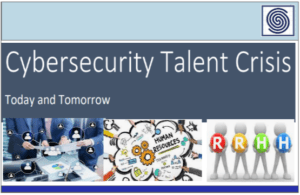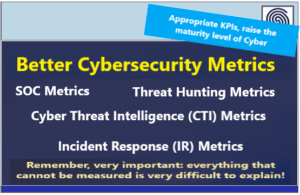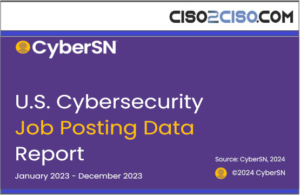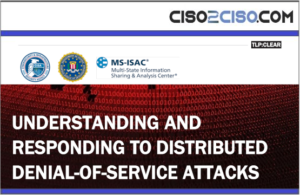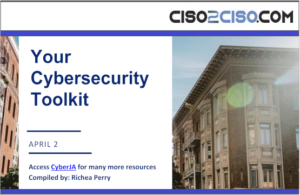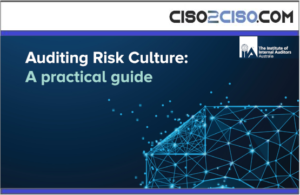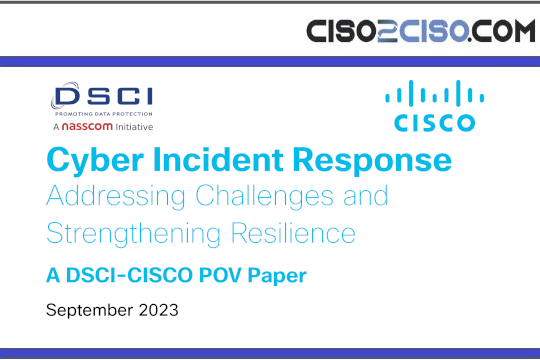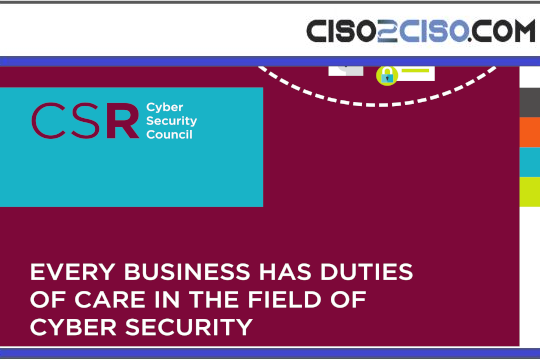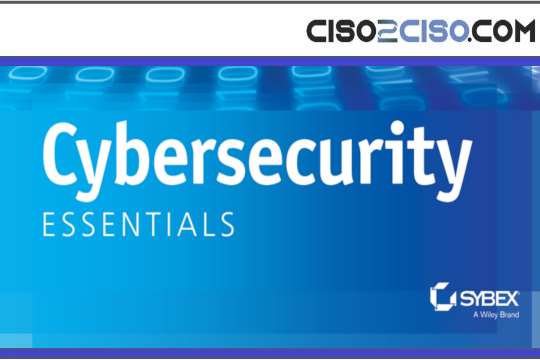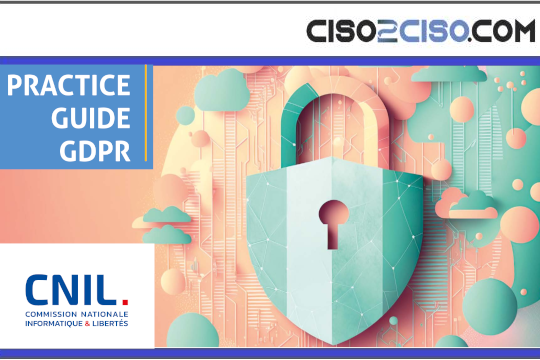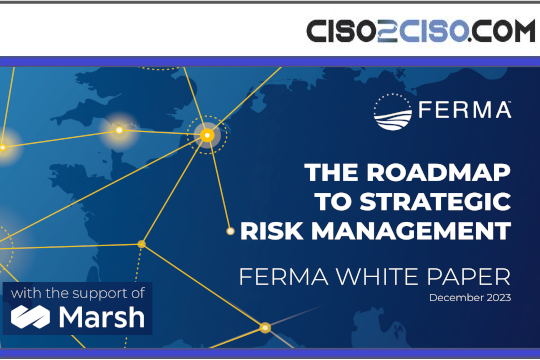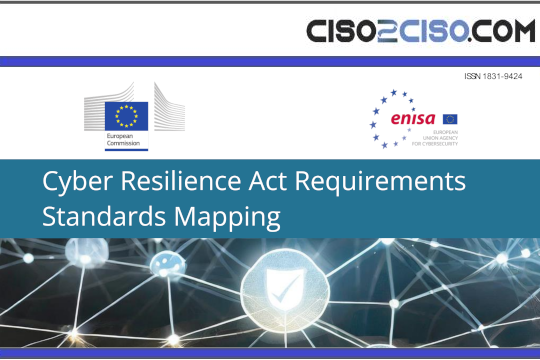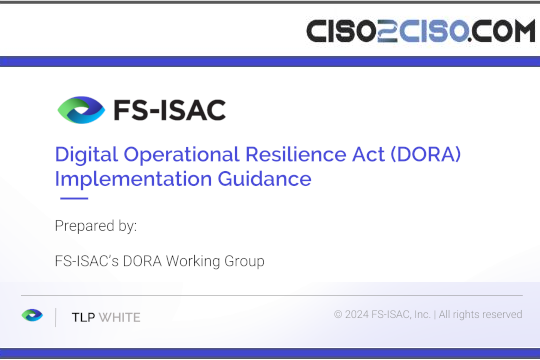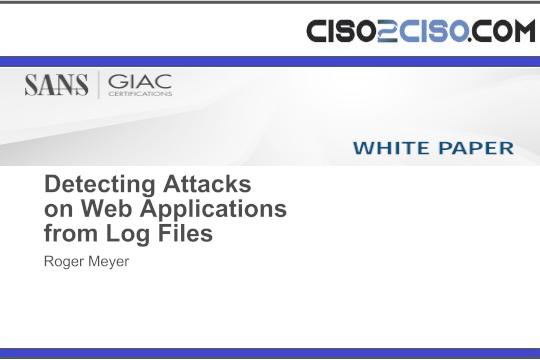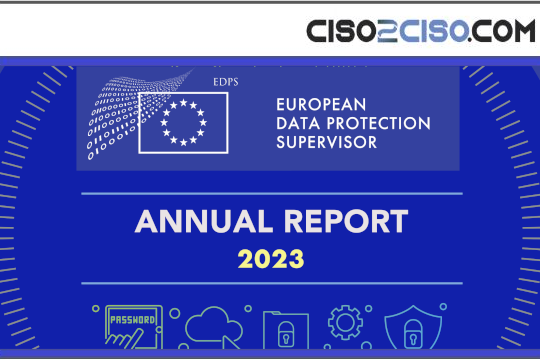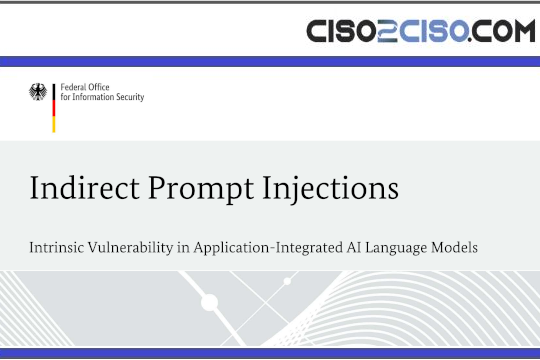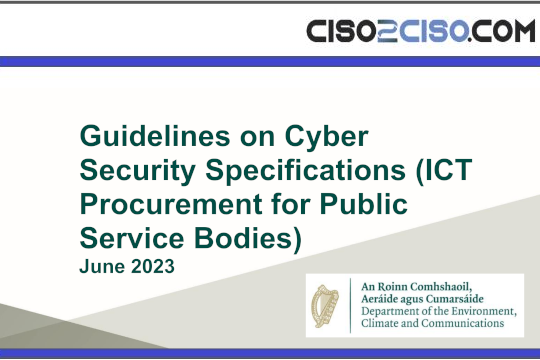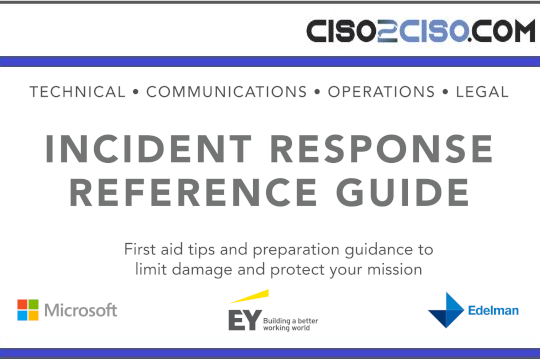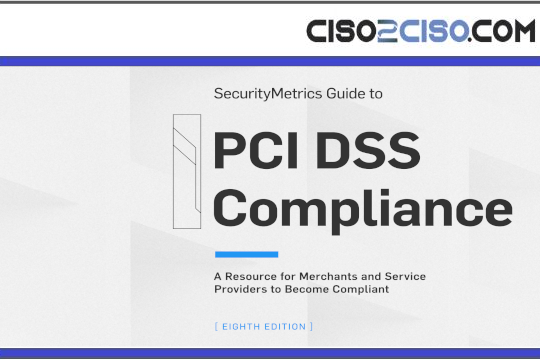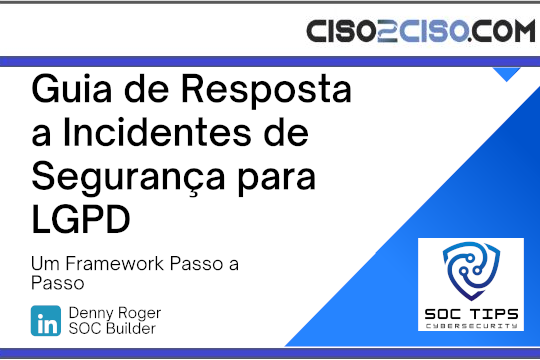With more individuals expecting to purchase online this year as the Coronavirus outbreak, fraudsters have increased their scams in preparation for Black Friday and Cyber Monday. Many companies have been forced to stop their physical stores due to lockdown regulations, which means that many Black Friday discounts will only be accessible online. This has provided an ideal setting for thieves to conduct frauds, phishing attacks, and other nefarious actions.
Black Friday is a significant shopping event that began in the United States but has subsequently gained traction in the United Kingdom. This year, it occurs on November 27, but many stores have already begun offering early bargains to lure shoppers to begin shopping.
The amount of money spent over this cyber weekend is increasing year after year, and last year in the UK, consumers spent a stunning £2.5 billion, a 3.4 percent raise over the previous year.
Cybercriminals follow the money, and this weekend’s frenzy of purchasing offers them the ideal chance to defraud a big number of people. According to Barclays, roughly a quarter of 18-34-year-olds have fallen victim to a Black Friday scam in the last five years, with victims losing an average of £661.
1. Watch out for fake websites
This is one of the most common methods used by thieves to dupe buyers into falling for their Black Friday and Cyber Monday scams. Fraudsters will clone websites in order to trick customers into believing they are purchasing on a reputable website. The website may look virtually identical to the genuine site; nevertheless, tiny differences might suggest that not everything is as it appears.
A web address that ends in.co.uk may be converted to a.org, graphics may be pixilated, site functionalities may not operate properly, and content is frequently sub-par. It’s usually a good idea to double-check a website’s address to ensure its legitimacy.
2. Only use secure sites
Before putting any information onto a website, be sure that it is safe and secure. The first step is to hover your cursor over the URL and verify the site address’s legitimacy. Look for a padlock icon in the address bar and make sure the URL starts with ‘https://’ or’shttp://’. The letter ‘S’ denotes that the site address has been encrypted and secured using an SSL certificate. Any data transferred on the site without HTTPS is unsafe and might be captured by criminal third parties.
3. Use a credit card for shopping online
When purchasing online, it’s usually advisable to use a credit card because it provides more security than other means of payment. If you make a fraudulent transaction with your credit card, your bank will almost certainly repay you right away. However, if a thief gets your debit card information, they can empty your personal account and make reclaiming the money more difficult.
4. Beware of phishing emails
Phishing is one of the most common ways for crooks to obtain your personal information, and these sorts of scams are typically on the rise between Black Friday and Cyber Monday. Phishing is one of the simplest ways for hackers to obtain your personal data without your knowledge because of its speed, simplicity, and high return on investment.
Be sceptical of emails advertising cash prizes or last-minute offers as Cyber Monday approaches. These emails are intended to dupe customers into clicking on a link that appears to be from a well-known retailer. If you get a feeling something isn’t quite right about the email, delete it straight away.
5. Avoid deals that are too good to be true
There are many legitimate offers available on Black Friday and Cyber Monday from reliable and respected merchants. Cybercriminals, on the other hand, know we’ll be browsing the web for the best prices, and they take advantage of this by putting in a slew of bogus offers.
Be sceptical of emails, pop-ups, or social media postings advertising rock-bottom pricing. Clicking on the link may direct you to a phishing site or may result in the download of malware onto your device. It might be difficult to tell the difference between a genuine bargain and a forgery, so conduct your homework to see whether the site is reliable or go directly to a brand’s website to see if the deal is genuine.
6. Use strong passwords
You’ve probably heard it a million times, but setting a strong password is one of the simplest methods to protect yourself from internet hackers. With so many passwords to remember, it might be tempting to use the same password for several accounts; however, doing so puts your data at danger. If hackers figure out just one of your passwords, whether it’s for a Facebook account or your online banking information, they might possibly gain access to all of your accounts.
It’s usually recommended to have a different username and password for each online account so that if you’re phished, the attackers don’t have access to your other accounts. Using a passphrase is a wonderful technique to construct a longer and more complicated password. A pass is a sentence-like string of words that you remember but that no one else can break. The initial letter of each phrase will serve as the foundation for your password, which may be supplemented with numbers and symbols to make it even more secure.
7. Watch out for social media scams
On Black Friday and Cyber Monday, social media frauds abound. Because the thieves know that consumers go online particularly to hunt for offers, they make it as simple as possible for buyers to fall for their online scams. Facebook and Twitter are frequently used for these harmful postings, and thieves may beg shoppers to like and share their posts in order for them to get to the top of news feeds and reach a larger audience.
Users on social media are more trusting, and it is frequently more difficult to establish if a link is malicious than it would be on a more traditional site.
8. Avoid Public Wi-Fi to go shopping
Using public Wi-Fi to look for the greatest Black Friday and Cyber Monday discounts might expose you to a variety of security concerns.
Because public Wi-Fi does not need authentication to create a network connection, fraudsters have direct access to any unprotected devices on the same open network. Hackers can use this to steal important information such as login passwords, credit card information, and other personal and financial information.
Unsecured Wi-Fi networks may also be used to distribute malware, giving hackers complete access to your device. This information can then be used to perpetrate identity theft, or it can be sold to criminal third parties.
9. Ensure all your software is up to date
Before you go online to look for the best discounts, be sure that all of your security software is up to date. This prevents fraudsters from obtaining access to your computer via weaknesses in older and out-of-date systems. Anti-virus software will also assist detect risks on your computer and prevent unauthorised users from obtaining access.
10. Monitor bank statements for fraudulent activity
It’s always a good idea to keep a check on your bank statements to ensure there are no strange activities on your account. Criminals know that there will be a lot of online activity between Black Friday and Cyber Monday, so they expect that any strange debits from your account will go unnoticed. Typically, the fraudsters would make a few little debits before going in for a larger sum, which might empty your bank account.
Views: 0


